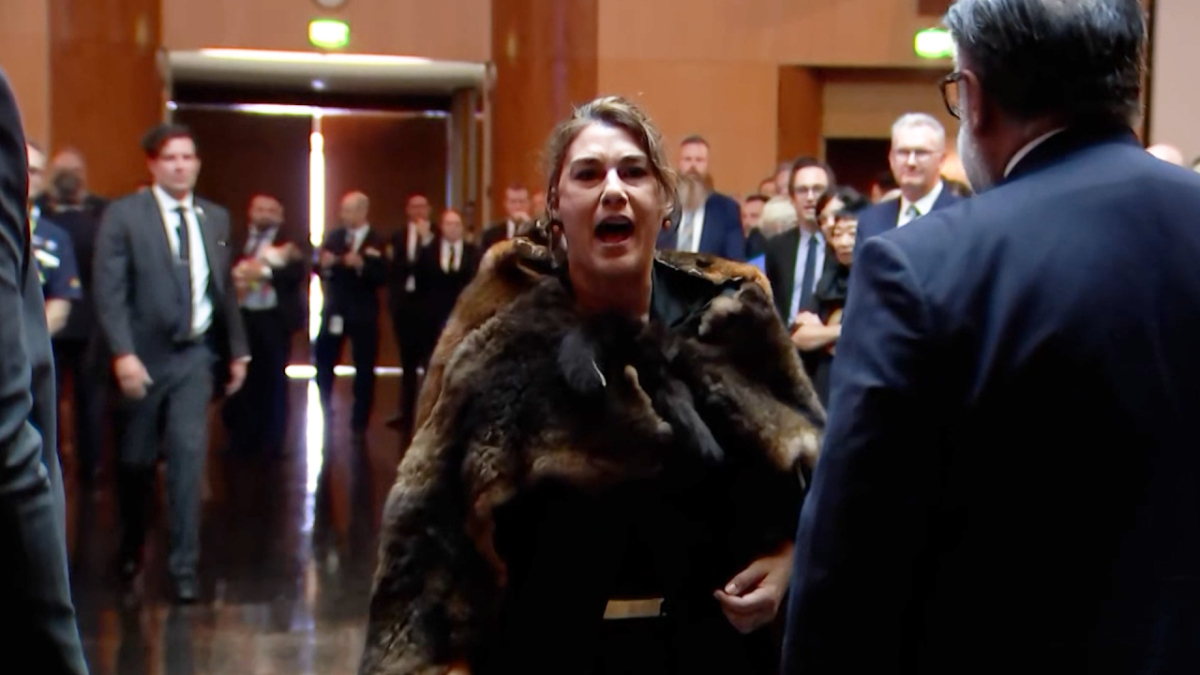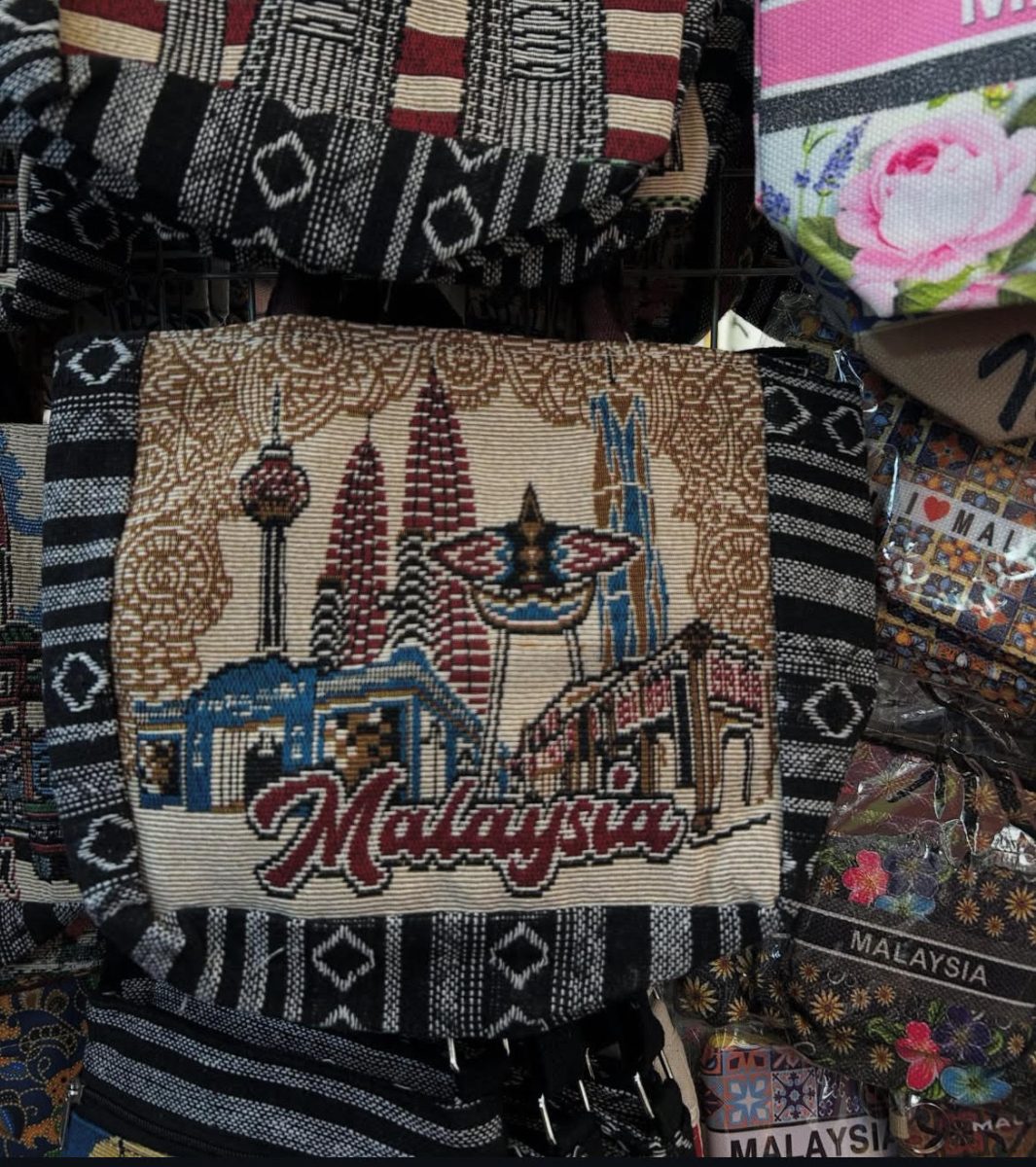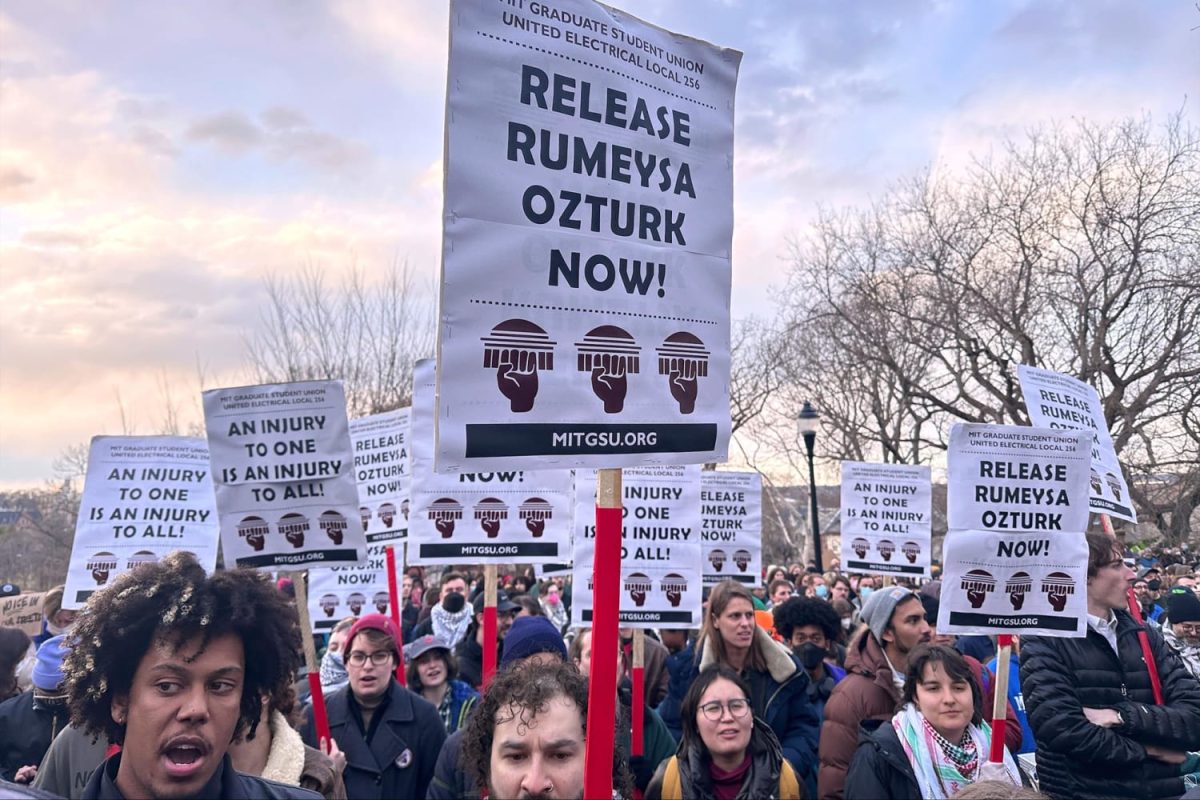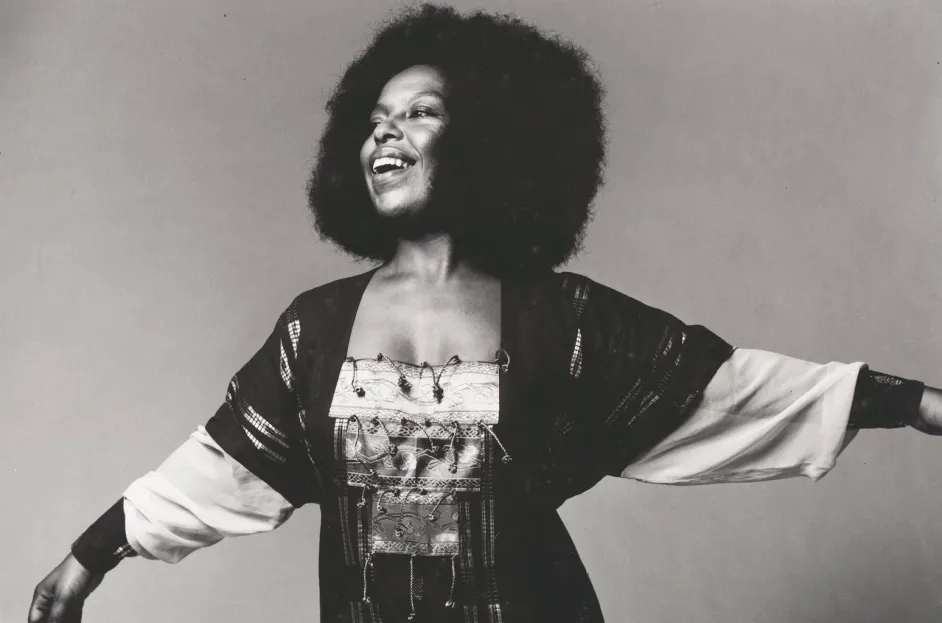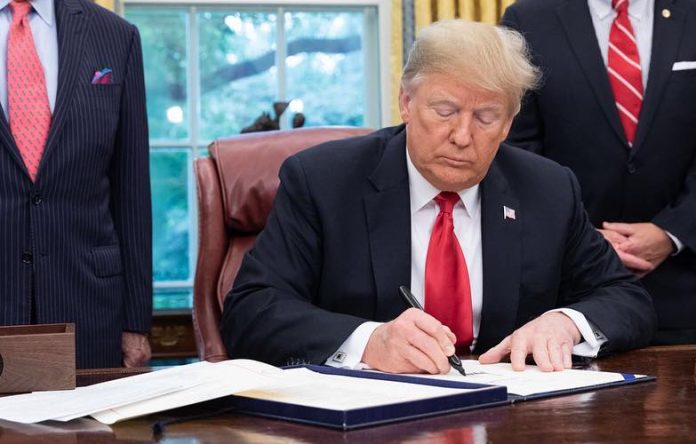In a noteworthy moment that has stirred national debate, Indigenous Australian Senator Lidia Thorpe confronted King Charles III during his visit to Australia’s Parliament House this past Monday, October 21st. During a royal reception, Thorpe accused the British monarchy of committing historical injustices against Australia’s Indigenous people.
As King Charles addressed the attendees, Thorpe interrupted the event, shouting, “You are not my king!” and criticized the Crown for genocide against Indigenous Australians. Thorpe’s outburst included demands for the return of stolen Indigenous lands and cultural artifacts, stating, “Give us what you stole from us – our bones, our skulls, our babies, our people. You destroyed our land. We want a treaty.” Security officials quickly escorted the senator out of the hall. Ultimately, King Charles, despite the interruption, continued his speech.
This incident comes amid a rising movement in Australia to address its colonial past and reconsider its ties with the British monarchy. While Prime Minister Anthony Albanese, who supports the transition to a republic, gave a speech welcoming the King, he made indirect references to the ongoing debate about Australia’s constitutional arrangements. Albanese has long advocated for an Australian head of state, a position that has gained resistance following last year’s failed popular vote on Indigenous recognition in the Constitution.
Thorpe’s protest regards the unresolved tensions surrounding Indigenous sovereignty in Australia. The senator, who has been an outspoken advocate for Indigenous rights, has frequently staged high-profile protests, including blocking events and calling for reparations. Her vocal expression at the royal reception is the latest in a series of actions aimed at bringing attention to the struggles of Australia’s First Nations peoples.
Opposition Leader Peter Dutton, a monarchist, condemned the disruption, while some Australian republicans who attended the reception expressed mixed reactions. Meanwhile, Australia’s six state premiers declined invitations to the event, which indicates their disapproval of the royal visit and support for a potential republic.
In light of Thorpe’s bold confrontation, the incident has raised many questions about Australia’s future and the unresolved issues surrounding its colonial past. It’s clear that the relationship between Australia and the British monarchy is increasingly under scrutiny.
All in all, Thorpe’s passionate protest shows the urgent need for genuine change – not just in Australia’s governance, but also in its commitment to justice for Indigenous communities. Her actions should remind us that the voices of First Nations peoples will persist in demanding recognition and accountability for historical injustices.



